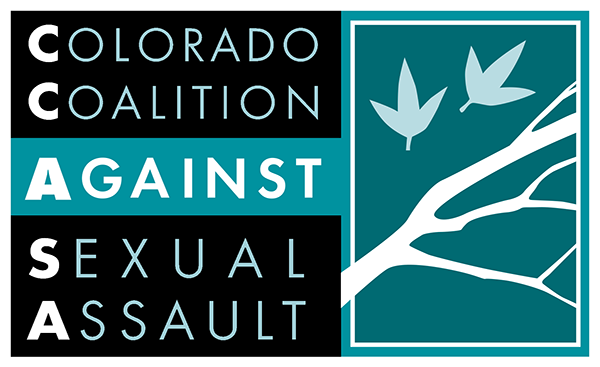Written By Jacquie Koewler, survivor, writer, and advocate
On September 8th, Denver will host its annual National Eating Disorders Association (NEDA) walk in Great Lawn Park (https://nedawalk.org/denver2019). As someone who is a survivor that struggled with anorexia nervosa for twenty years, I understand the body’s connection between sexual violence and eating disorders. My own history of sexual abuse made me vulnerable to negative feelings about my body, and my eating disorder began as an attempt to regain a sense of control when everyday living became overwhelming. The acts of starvation or purging and over-exercising helped to numb my feelings and lessen the symptoms of PTSD I was experiencing.
Over the years, I’ve met several other women who have identified sexual abuse as one of the precipitating factors to their disordered eating patterns. Though numerous research studies have indicated that eating disorders are a potential consequence for persons who have experienced sexual violence, documenting how strong this connection is has been a challenge due to the underreporting of sexual assault, lack of recognition of disordered eating illnesses by medical providers, as well as denial by individuals with an eating disorder. According to one study cited on NEDA website, “… rates of sexual violence were up to 48% of females & 68% of males with anorexia nervosa, up to 41% of females & 24% of males with bulimia nervosa, and up to 35% of females & 16% of males with binge eating disorder.”[1] These are frightening statistics that suggest a portion of population served by CCASA may be at risk for developing one of these debilitating illnesses.
These are a few of the reasons that advocates who care about sexual violence also should support advocacy for more research, earlier diagnoses, and better treatment options for eating disorders sufferers. It is so easy to get siloed into focusing on one injustice and the larger community of interrelated issues can feel too big to take on. It is also a fact of life that as individuals we have limited time, energy, and resources to support the causes we care about. However, there are a few simple things that can be done that will make a big difference and may save the life of someone you know.
- Participate in NEDA’s walk in your community (or support a walk participant).
- Check out NEDA’s website for warning signs and helpful information about eating disorders (https://www.nationaleatingdisorders.org/learn). The earlier a problem is diagnosed, the better the chances are for a full recovery.
- Encourage a survivor who seems to be struggling with food or weight issues to get help (NEDA’s helpline: 1-800-931-2237). Eating disorders are not a choice – they are an illness.
- Reduce stigma that still surrounds mental illness. Recovery takes time and courage, but with professional assistance, it is possible.
Please support CCASA’s vision of healing for survivors by taking at least one of the steps listed above. As long as rape, assault, and other forms of sexual violence exist in our society, we must work toward its elimination and advance the modalities used to heal those who have been wounded by its presence.
[1] Specific citation and further statistical information on trauma and eating disorders can be found at https://www.nationaleatingdisorders.org/statistics-research-eating-disorders.

